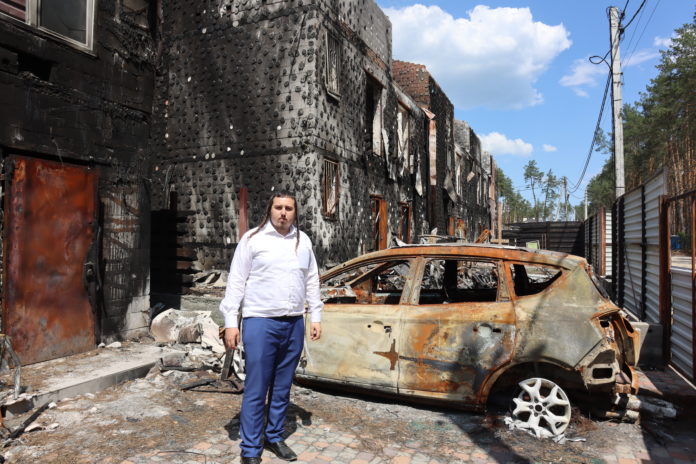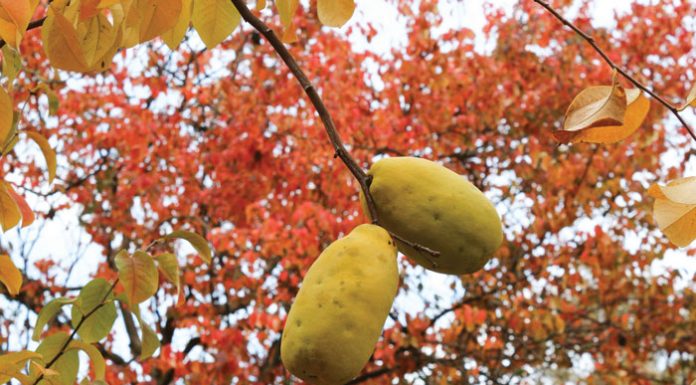Ukraine is a country I have visited often, from yearly trips to Uman for Rosh Hashanah, to summers volunteering to help Jewish kids in Ukraine, to visiting kivrei tzaddikim. But all that came to a screeching halt when the Russian tanks plowed through their border with their southern neighbor back in February. The future became very blurry. Would Ukraine survive? Were things as bad as the media were presenting them? What would become of Ukraine’s Jewish communities and holy sites? The questions kept piling up, and I began to feel that the only way to answer them was to visit Ukraine and see things for myself.
Due to the war, there are no flights to Ukraine. Even the heads of state who have been visiting Kiev to show support to the people of Ukraine and President Zelensky travel by land. Thankfully, Ukraine’s borders with Hungary, Moldova, Poland and Romania are open, thus allowing people to enter without getting too close to the fighting.
After much logistical planning, I board a flight to Krakow, Poland, and land around midnight. Waiting for me upon arrival is a Ukrainian driver with an extra-large van, who will take me into the war-torn country. There are a few others who join me for this long and arduous seven-and-a-half-hour drive to Medzhybizh, Ukraine, and that’s not including the time that it will take to cross the border.
Only a few minutes after we leave the airport, our driver informs us that he’s tired and needs to sleep. He gets off at the next exit and stops the van in the parking lot of a rest stop, lies down on the front seat and is out like a light. We’re off to a great start. I get out of the van and begin to pace around the parking lot. It’s not every day that I’m about to enter a country actively at war; that is, if we ever get there. I do some jumping jacks and walk around some more. After an hour or so, the driver is ready to proceed. We travel only a few more miles before the driver says that he needs to stop again. This time, I stay in the van and try to catch some shut-eye myself. The same story repeats itself all night long.
Shortly after sunrise, we are close to the Polish border with Ukraine. Our perpetually exhausted driver pulls into a gas station. “We need to buy petrol because there’s a shortage in Ukraine,” he explains. A few minutes later, we’re back on the road and finally arrive at the Korczowa-Krakovets border crossing.
There are long lines of trucks and buses waiting and people milling about. We get into a line that is intended for private vehicles, and we are soon on Ukrainian soil. The soldiers manning the Ukrainian side look tired and overworked, and the mood is mellow. Two of the Jews in my van speak some Ukrainian, and they make some small talk with the guards, many of whom are wearing mismatched uniforms and brandishing different weapons from their comrades. A few minutes later, we are allowed to proceed into the country proper. “Slava Ukraina—Glory to Ukraine!” my travel mates shout to the border guards before we speed off.
At first glance, Ukraine doesn’t seem to have changed at all; there is no sign of war, at least not in this area. I keep my nose pressed to the window as we continue driving, and all I can see are picturesque landscapes of Ukrainian farmland. The morning air is crisp and the scene is beautiful. I switch to a more relaxed state of mind, although in the back of my head I’m aware that one of Putin’s missiles could hit at any given moment. Along with this feeling of calm comes tiredness. I haven’t really slept, and I soon fall into a deep sleep.
When I wake up, I am told that it’s just about noon, and we will soon be in Medzhybizh. When I ask my travel mates if they have seen any signs of the war, they mention something about passing through a number of military checkpoints along the road. Is this really the place that frightened me so much? Everything seems fine. I’ve experienced this feeling before, in Kabul, Baghdad, Beirut and Riyadh. Nonstop exposure to news reports can make a person think that visiting Ukraine is a death sentence, when in fact most of the country is peaceful. Being here is a dance between pessimism and optimism, fear and hope, risk and reward.





















